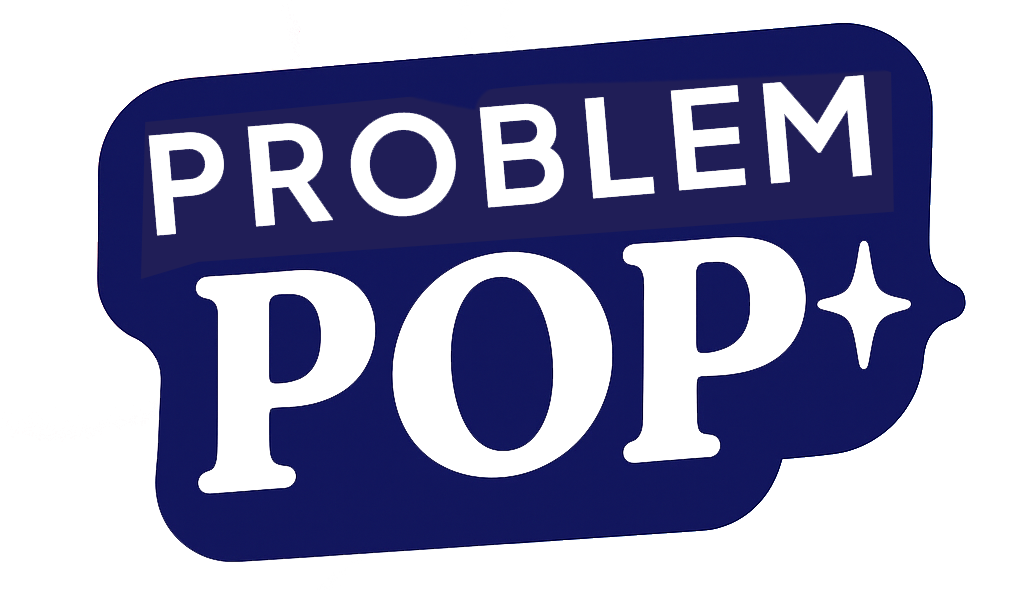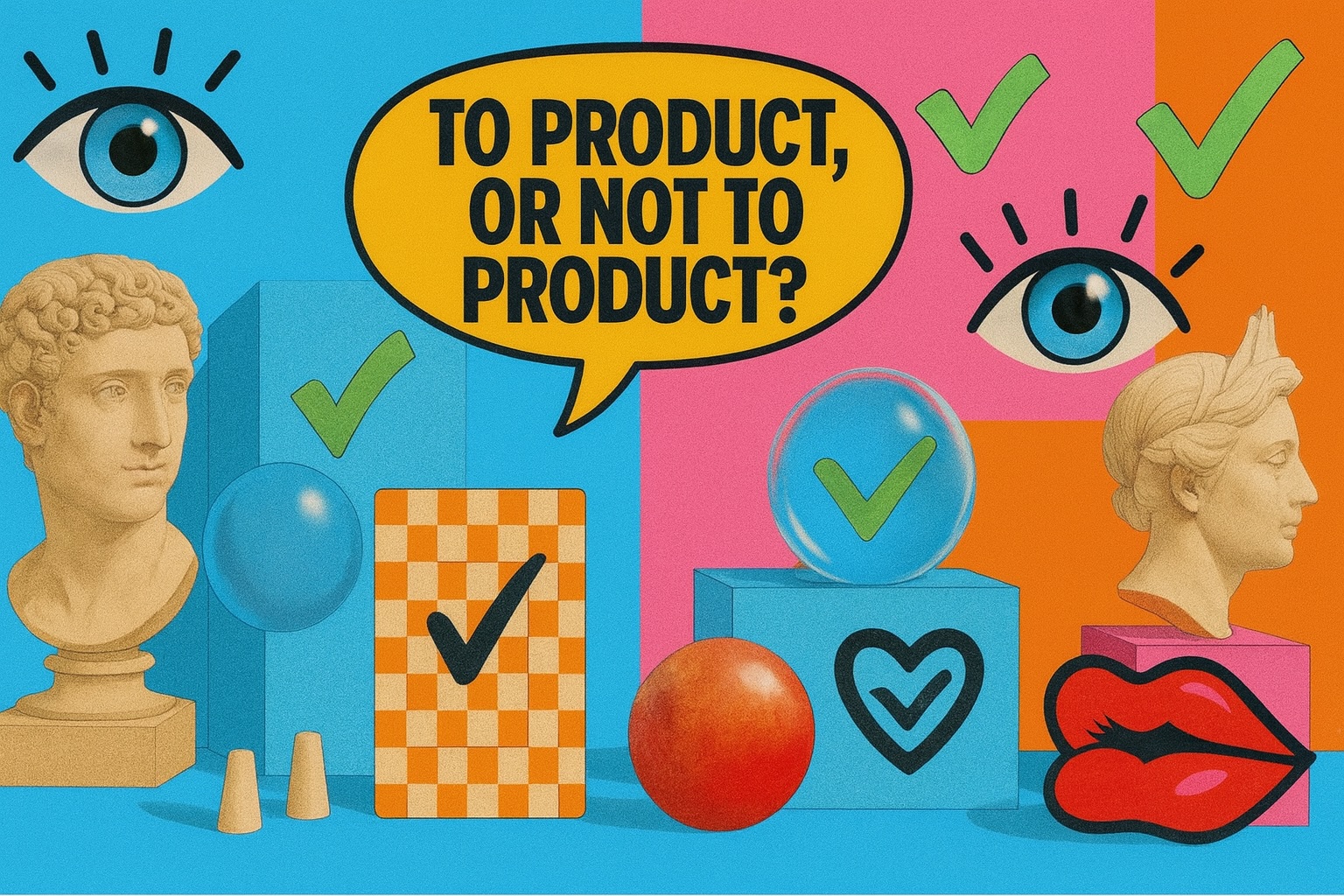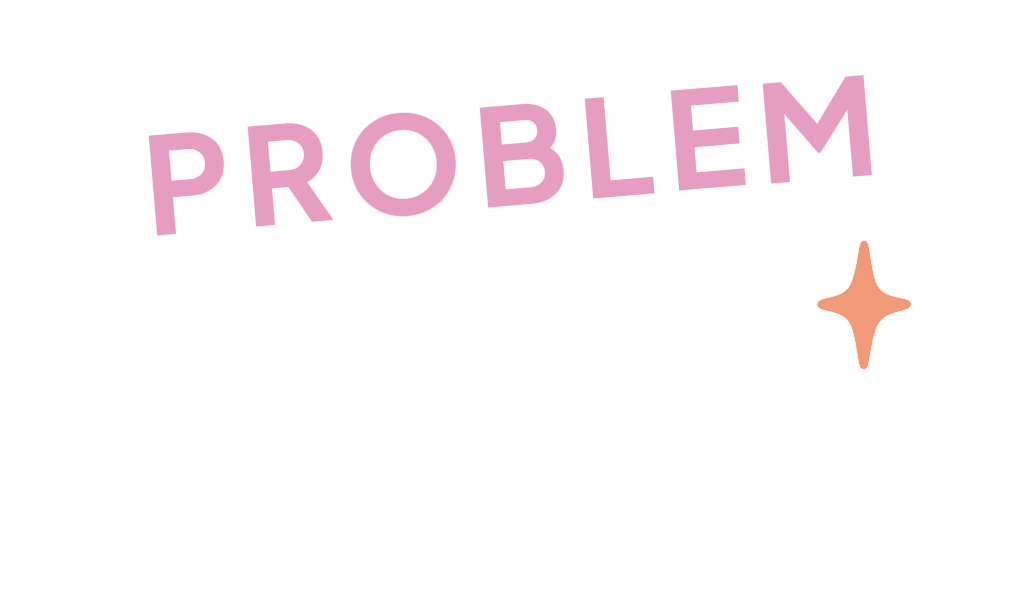How to Name Your Startup (Without Losing Your Mind)
Your startup name will outlive your first hire, your MVP, and possibly your sanity. No pressure. Between domain squatters charging ransom fees and your co-founder's mate who "knows branding," naming your company has become a special kind of torture.
The Dark Art of Naming: How I Survived the Startup Identity Crisis (And How You Can Too)
Let me tell you something they don't mention in those glossy entrepreneurship magazines: naming your startup is a special kind of psychological torture. It's that unique intersection of creative writing, legal gymnastics, and existential crisis where you'll find yourself at 3 AM, wild-eyed, surrounded by crumpled paper, muttering made-up words that sound increasingly like summoning incantations for minor demons. (Is "Zyntricle" a revolutionary B2B SaaS platform or an over-the-counter medication for fungal infections? At some point, you genuinely won't know.)
Why Naming Your Business Is Actually Impossible
The perfect business name is like a mythical creature – everyone's heard about it, but no one's actually seen one in the wild. It needs to be meaningful yet simple, distinctive yet accessible, future-proof yet contemporary. Oh, and the domain should be available for less than the GDP of a small nation.
Having learned from my own business-naming catastrophes, I can tell you that this process will make you question everything – your vision, your sanity, and why you didn't just become an accountant like your mother suggested. The truth is, there's a reason why naming agencies charge obscene amounts of money. They're not selling you a name; they're selling you psychological relief from the burden of choice.
But since you're here, I assume you're either too stubborn or too financially responsible to outsource this particular circle of founder hell. So let's get on with it, shall we?
The Actually Useful Naming Framework
After experiencing burnout from trying to create the "perfect" name (spoiler alert: it doesn't exist), I developed a framework that won't make the process enjoyable, but will make it survivable. Think of it as strategic damage control for your mental health.
First, understand what makes a truly good business name. It's not cleverness or trendiness – it's functionality. A good name is one that:
- Is easy to spell after hearing it once
- Doesn't require explanation at networking events
- Won't become embarrassingly dated within three years
- Isn't already trademarked by an aggressive litigation-happy corporation
- Has available domains that don't require creative punctuation or obscure extensions
Notice how "perfectly captures your brand essence" isn't on that list? That's because your name is just one small element of your brand. Your logo, your customer experience, your product – these will do the heavy lifting. The name just needs to not actively sabotage you.
The Step-by-Step Process That Won't Make You Cry (Much)
Let's be honest: this process will still be painful, but at least it's structured pain. Like pilates, but for your business identity.
- Start with a brain dump of every possible name – terrible ones included
- Group them into categories: descriptive, suggestive, abstract, acronyms
- Eliminate anything requiring the phrase "So it's clever because..."
- Check domain availability and trademark status for your shortlist
- Test pronunciation with people who don't love you enough to lie
The most important step is the elimination round. This is where you must be ruthless. That pun you think is brilliant? Bin it. The obscure literary reference that showcases your intellectual prowess? Nobody cares. The made-up word that requires a pronunciation guide? Absolutely not.
After my own business failure, I realised I'd spent weeks obsessing over a name that ultimately meant nothing to customers. They cared about the product, the service, the experience – not my clever wordplay. It was a humbling realisation that could have saved me considerable angst had I known it earlier.
Common Naming Pitfalls (That I've Fallen Into So You Don't Have To)
Having learned the hard way about naming, let me share some wisdom acquired through pain, caffeine, and the occasional therapeutic scream into a pillow:
- Choosing something too clever that requires explanation ("No, it's spelled 'Phindr' but pronounced 'Finder'... get it?")
- Going too narrow and descriptive, then pivoting your business model (good luck with that "BestAccountingSoftware" brand when you decide to expand into HR tools)
- Falling in love with a name before checking its availability (the relationship was doomed from the start)
- Using cultural references or words you don't fully understand (nothing says "credibility" like accidentally naming your tech startup a profanity in Portuguese)
- Prioritising trendiness over longevity (those double letters and dropped vowels won't age well)
Here's a sobering thought: every massive, respected brand name once sounded weird and arbitrary. Apple. Google. Slack. Nike. These weren't inherently powerful names – they became powerful through association with great products and experiences. Your clever name won't save a mediocre business, and a supposedly "boring" name won't hold back an exceptional one.
The "Good Enough" Approach to Naming
After experiencing burnout from trying to do everything alone in my previous venture, I've become an evangelist for the "good enough" approach. This isn't settling; it's strategic allocation of your limited mental resources.
The perfect business name doesn't exist, but a good enough name absolutely does. It's one that:
- Won't actively confuse or repel your target customers
- Is legally available to use without future lawsuits
- Can be easily found online without digital gymnastics
- Doesn't box you into a corner if you pivot slightly
- Doesn't make you cringe when you say it aloud
Remember: Amazon was almost called "Cadabra" until someone pointed out it sounded like "cadaver." Google was a misspelling of "googol." Your not-quite-perfect name is in good company.
Practical Exercises for the Naming-Challenged
If you're still staring at a blank page (or worse, a page filled with increasingly desperate options), here are some practical exercises to generate names that won't make future-you want to time-travel back and slap present-you:
- The Cocktail Party Test: Imagine introducing your business at a noisy gathering. If you have to repeat or explain it more than once, it fails.
- The Grandparent Test: Can someone from an older generation spell it correctly after hearing it? If not, reconsider.
- The Foreign Language Check: Google your potential name + "meaning" to ensure it's not offensive in major languages.
- The Future Vision Exercise: Will this name still make sense if you grow 10x or expand your offerings?
- The Drunk Dial Experiment: Could someone who's had a few drinks find your website? (This is surprisingly important for word-of-mouth businesses.)
I learned from my own business mistakes that a name that's difficult to spell or pronounce creates friction at every customer touchpoint. Each time someone has to ask "How do you spell that?" or "How do you pronounce that?", you're losing momentum in your marketing and sales process.
The key insight here is that your name needs to work across all touchpoints, much like how research shows that Science Direct found that both moral emotions and cognitive attitudes significantly mediate the impact of CSR initiatives on consumer brand advocacy. The influence of your brand – including its name – is not one-size-fits-all, but depends on how well it emotionally and cognitively aligns with your audience's values.
When to Stop and Just Decide Already
The most valuable advice I can give you is this: set a deadline. Name paralysis can consume weeks or months of precious early-stage momentum. Your business needs to exist in the world, not just in your perfectionist brain.
Give yourself a reasonable timeframe – say, two weeks – and commit to making a decision by then. Remember that you can always rebrand later if absolutely necessary (though it's painful and expensive, so try to avoid it).
The truth is, founders who succeed aren't the ones with the cleverest names; they're the ones who got on with building their businesses while others were still debating between "Innoventure" and "Ventunovate." Before you even launch, you need to determine if your problem is worth solving, because no clever name will save a business that addresses a non-existent market need.
The Practical Checklist Before You Commit
Before you pull the trigger on your "good enough" name, run through this final checklist:
- Domain availability (and affordability) – .com is still preferable if possible
- Trademark search – both direct matches and concerning similarities
- Social media handle availability across major platforms
- Google search results – ensure you won't be buried under existing brands
- Spoken clarity – test by calling someone and telling them your business name
I've seen founders skip this final verification step in their excitement, only to discover costly conflicts later. Take the time to do this properly – it's a few hours that could save you thousands in legal fees or painful rebranding.
Having learned from my own business mistakes around proper planning, I can't emphasize enough how important this verification stage is. It's tempting to rush ahead once you finally find a name that doesn't make you want to abandon entrepreneurship entirely, but patience here pays dividends. Once you've sorted your name, you'll need to craft a value proposition that clearly communicates what makes your business worth remembering, regardless of what you call it.
This is also the perfect time to think about your long-term business strategy. If you're currently running this as a side project, you'll eventually need to consider transitioning to full-time if you want to scale beyond the naming phase.
Final Thoughts: It's Just a Name, Not Your Firstborn
Your business name matters, but not nearly as much as you think it does right now. What ultimately builds a brand is consistent quality, customer experience, and the story you tell through your actions. Your name is just the hook that people hang these associations on.
So stop obsessing. Choose something sensible that won't actively work against you. Then get on with the actual work of building something worth naming. Because at the end of the day, it's not what people call you that matters – it's what they say about you when you're not in the room.






